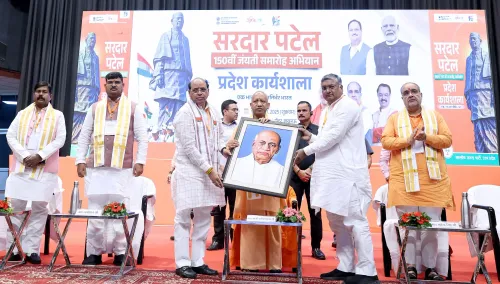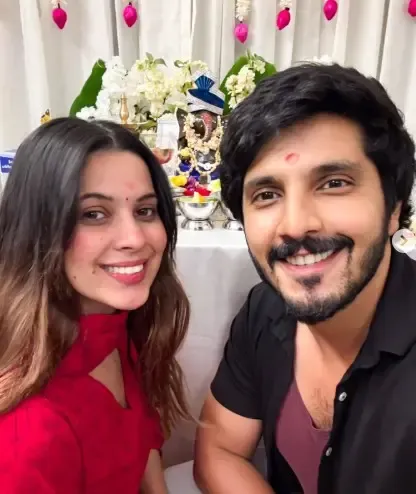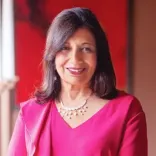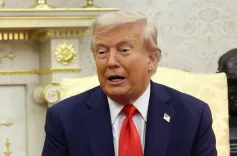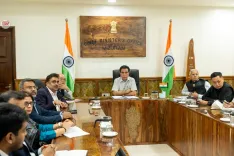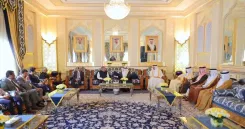Is Hesitancy in Condemning Terrorism a Betrayal of Humanity?
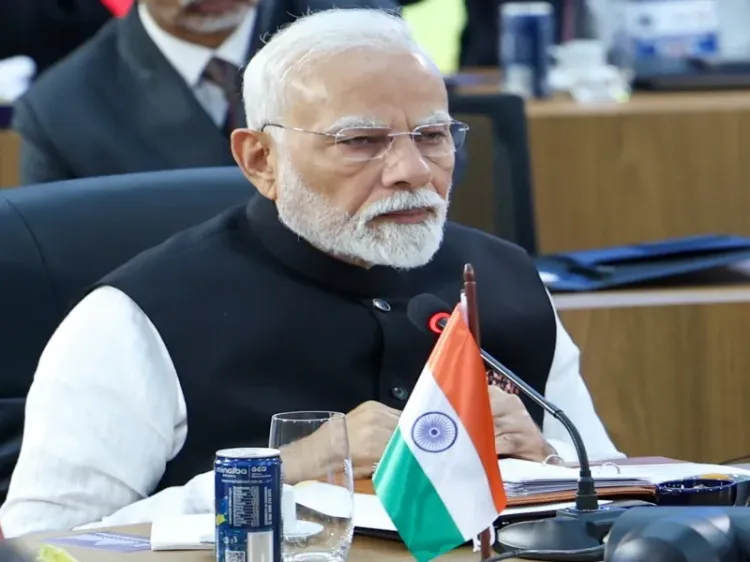
Synopsis
Key Takeaways
- Condemnation of terrorism is essential for humanity.
- BRICS nations united against cross-border terrorism.
- Pahalgam massacre represents a serious threat to global peace.
- Humanitarian concerns must be addressed in conflict zones.
- Peace is the only viable path for progress.
Rio de Janeiro, July 7 (NationPress) Prime Minister Narendra Modi has cautioned that any reluctance to denounce all forms of terrorism would amount to a “betrayal of humanity”.
During the BRICS Summit Session on Peace and Security held on Sunday, he condemned the Pahalgam massacre as a severe blow to “all of humanity” that deeply affected the spirit of India.
The Prime Minister's appeal for a united stance against terrorism was met with a collective agreement from the 11 BRICS nations, who issued a joint statement denouncing the Pahalgam terrorist massacre and reaffirmed their unwavering commitment to fighting cross-border terrorism while opposing those who support it.
Modi stated: “Terrorism is the gravest challenge confronting humanity today” and emphasized that “condemning terrorism should be based on principle, not convenience.”
He remarked, “If our response varies based on the location of the attack or its target, it represents a betrayal of humanity itself.”
Furthermore, PM Modi asserted: “There should be no hesitation in imposing sanctions on terrorists. Victims and supporters of terrorism must not be treated equally. Allowing terrorism to persist for personal or political gain is unacceptable under any circumstances.”
He challenged BRICS, stating: “There must be alignment between our words and actions regarding terrorism. If we fail to achieve this, we must question our seriousness in combating terrorism.”
Reflecting on India’s recent experiences, Modi expressed, “The terrorist attack in Pahalgam on April 22 was an assault on India's soul, identity, and dignity,” asserting, “This attack was not only a blow to India but to all of humanity.”
He expressed gratitude to the “friendly nations” that supported India during this challenging time.
Highlighting the importance of combating terrorism, Modi stated: “Humanity can only progress in a peaceful and secure environment.”
He noted: “BRICS plays a crucial role in achieving this goal. It is imperative for us to unite our efforts and collectively address the challenges we face. We must advance together.”
Commenting on the global situation, Modi remarked: “Currently, from West Asia to Europe, the world is engulfed in disputes and tensions.”
He pointed out the “humanitarian crisis in Gaza” as a serious concern but refrained from naming any parties involved in the conflict.
The joint statement from BRICS leaders went further, mentioning Israel and expressing “grave concern regarding the situation in the Occupied Palestinian Territory, including the ongoing Israeli attacks on Gaza and the obstruction of humanitarian aid.”
While avoiding direct mention of Hamas and the events that led to the crisis, the joint statement called for “the release of all hostages and detainees held in contravention of international law.”
Modi emphasized: “India strongly believes that peace is the only path forward for the benefit of humanity, regardless of the challenges we face.”
Recalling that “India is the birthplace of Lord Buddha and Mahatma Gandhi,” he stated: “We reject war and violence.”
Modi affirmed India's commitment to supporting every initiative that promotes dialogue, cooperation, and solidarity while moving away from division and conflict.
He extended a hand of “cooperation and partnership with all friendly nations” in this endeavor.

